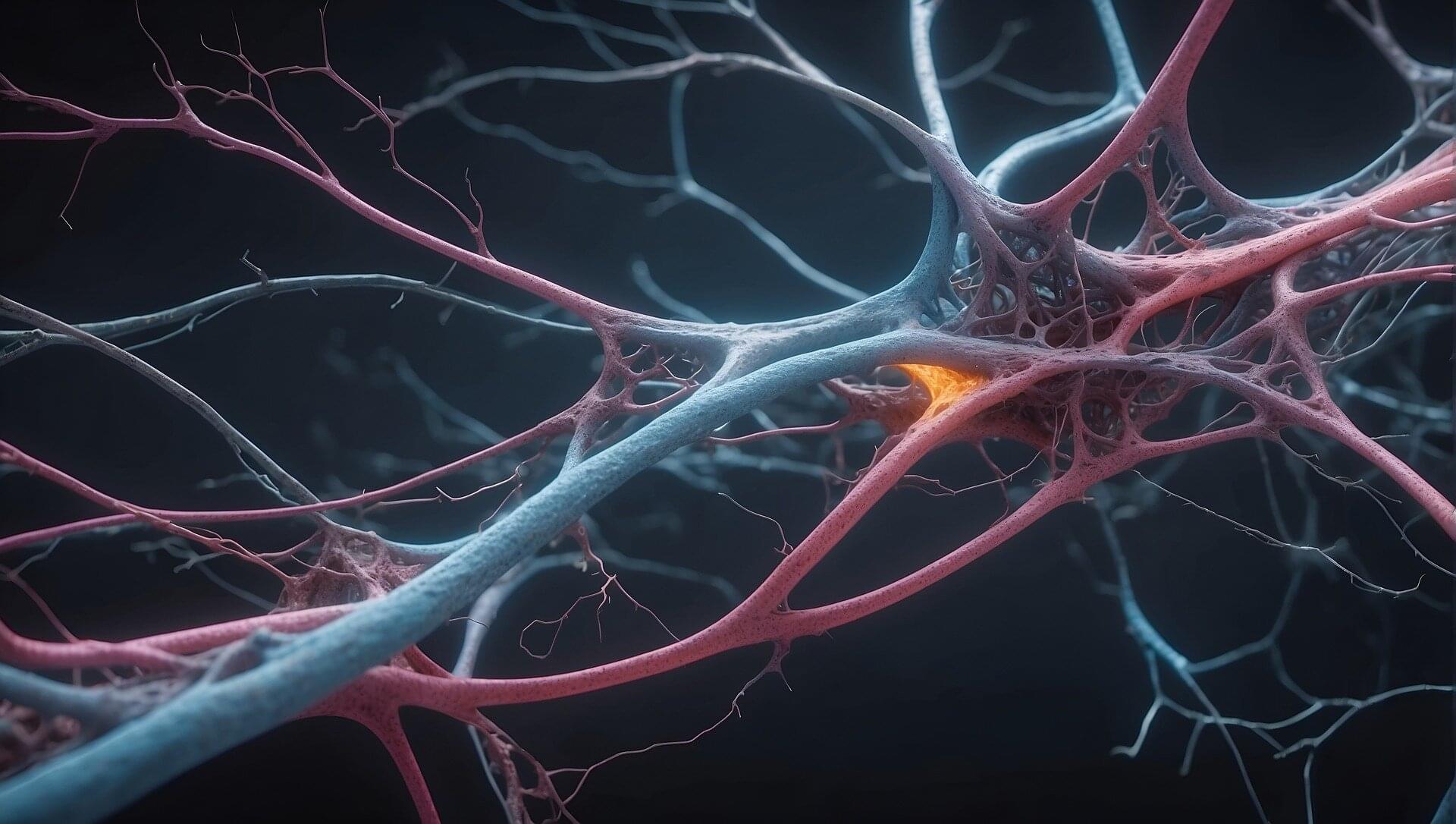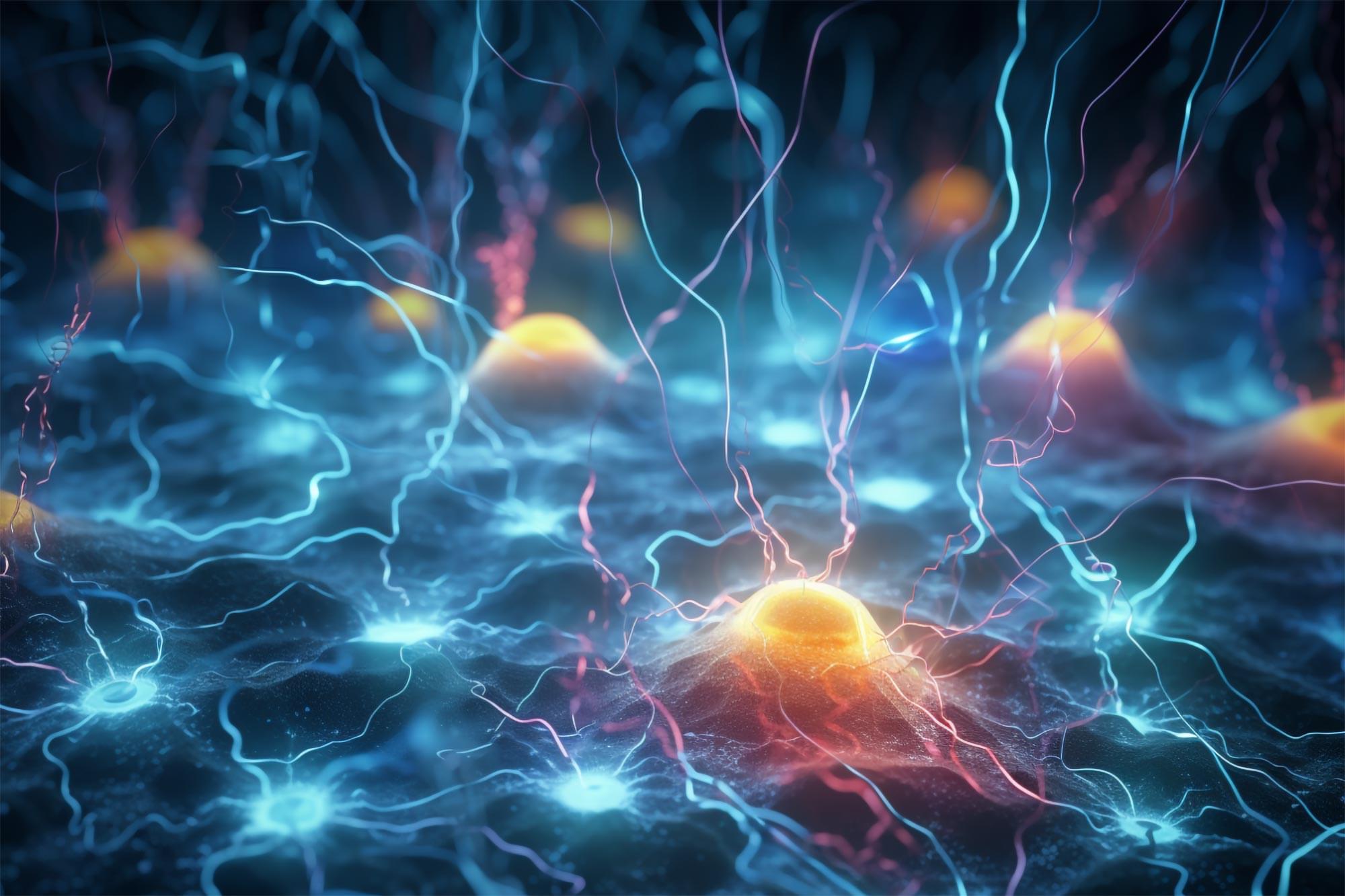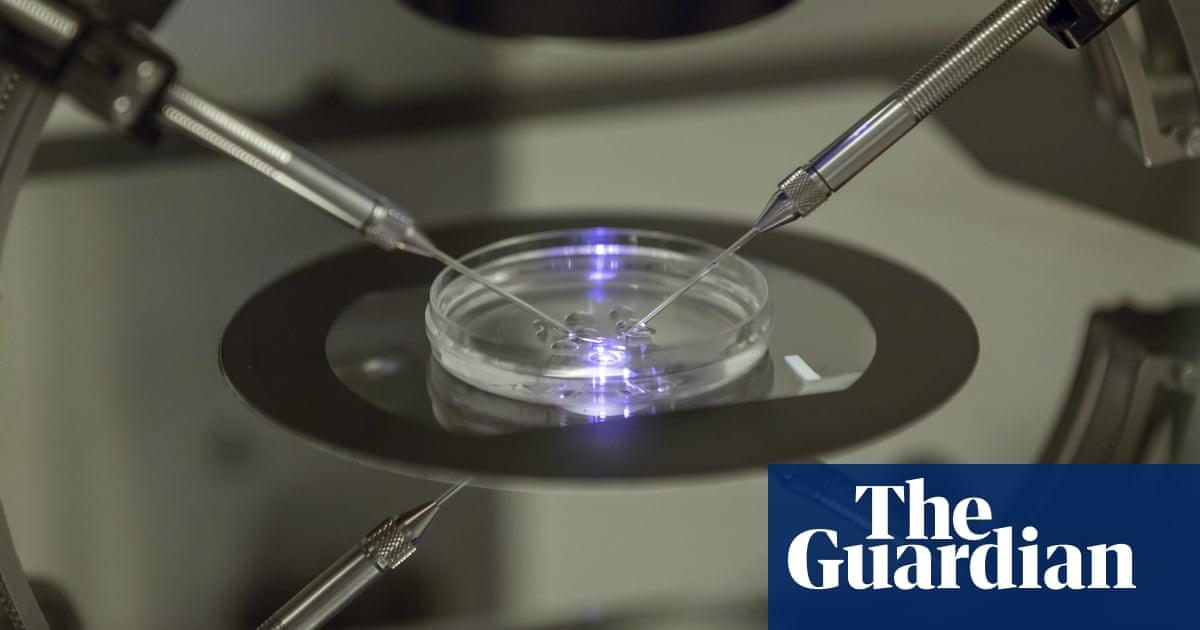#bed Year 2006
July 5, 2006 Given that we spend roughly a third of our life asleep, the humble bed has had remarkably little innovation pointed in its direction over the ages. So a new floating bed which hovers 40 cm above the floor represents a significant development in the design of sleeping apparatus. Debuting at the recent Millionaire Fair in Kortrijk, Belgium, the floating bed is the result of six years of development by Dutch architect Janjaap Ruijssenaars working with Bakker Magnetics. Using the power of permanent opposing industrial-strength magnets to enable it to float, the full scale bed can hold 900 kilograms of weight, while a smaller one fifth scale platform can safely hold 80 kilogams. Already people are beginning to see many applications for the simple yet visually arresting platforms ranging from the basis for a sofa, Coffee table, Japanese dining table and particularly in the display areas where museums and high-end visual merchandisers are beginning to conceptualise numerous creative uses.
Four thin cables assure its motionless position and form the only contact with the ground and the only other aspect which concerned us about what is essentially a stunningly simple device was the issue of sleeping in such close proximity to magnetic fields.
Janjaap assures us that should you feel inclined to slip your bankcard into your pyjamas, the magnetic field atop the unit is not enough to degauss the magnetic strip. The field below the unit is a different matter however, and given that the magnetic field is strong enough to suspend 900 kilograms, it’s not recommended that people with pacemakers go under the bed – so if you’re wearing a pacemaker and drop the strawberry lube while using the floating bed, it’d be advisable to ask your partner to retrieve it.






